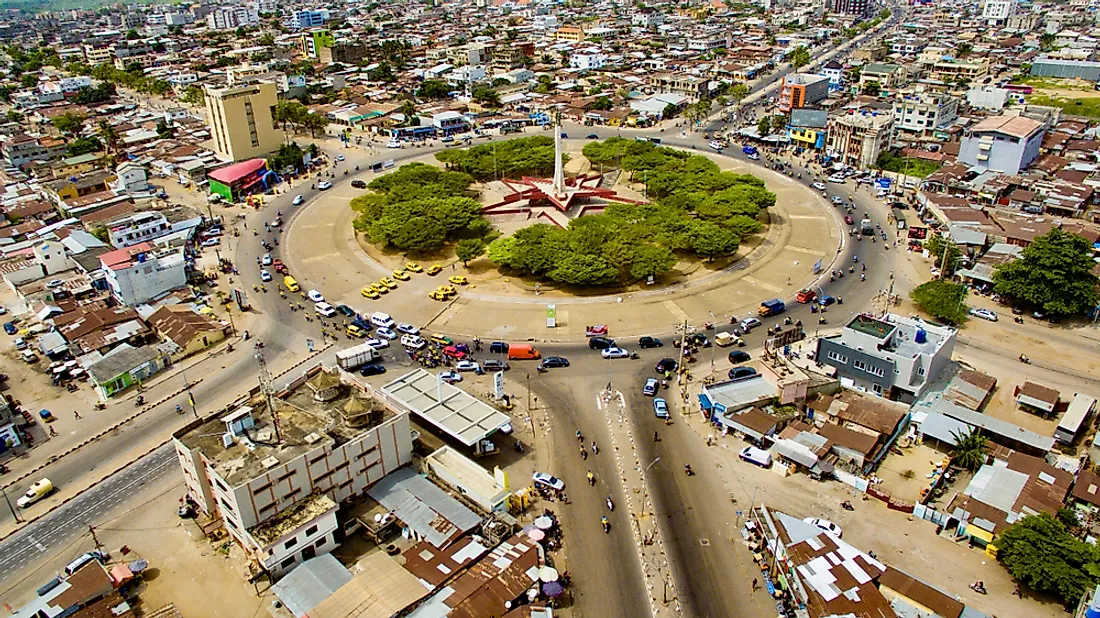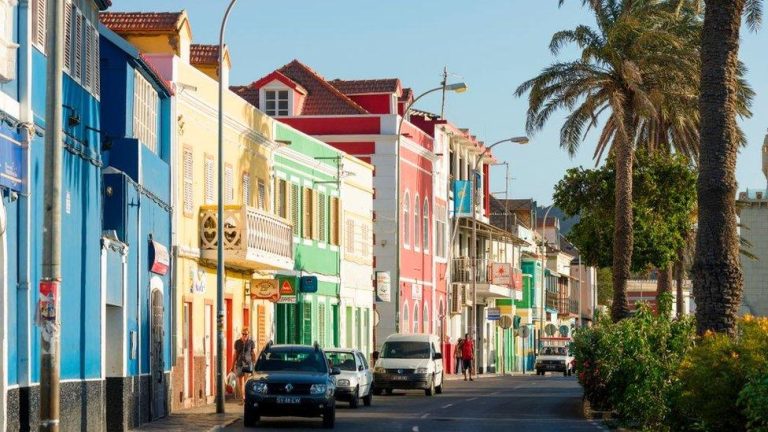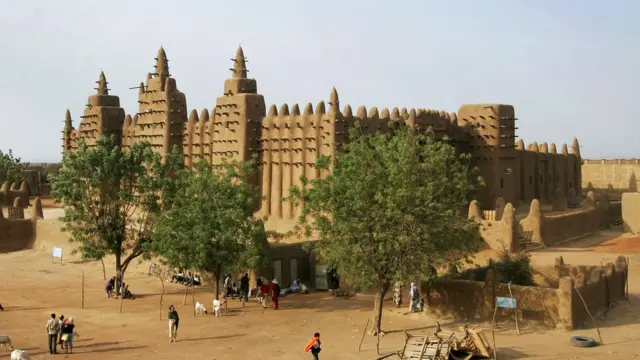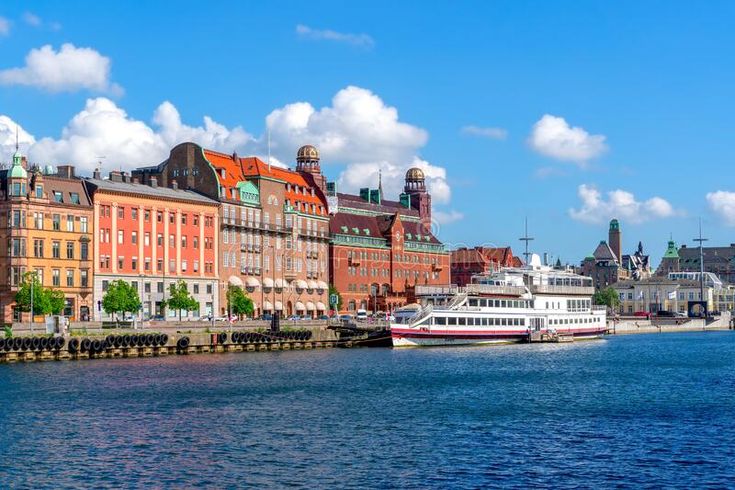Benin Republic, which shares a border with Nigeria, is a welcoming destination for Nigerians seeking to move for business, studies, or personal reasons. Its proximity, secure economy, and affordable living make it an appealing option. This guide gives you an overview of everything you need to know about moving to Benin Republic, including visa rules, cost of living, work opportunities, education, healthcare, and integrating into the host community.
Reasons to Relocate to Benin Republic
1. Proximity to Nigeria: Benin Republic shares a border with Nigeria, making travel between the two countries easy and cost-effective. Many Nigerians commute daily for business and trade, while others choose to settle permanently.
2. Ease of Visa and Residency Process: Nigerians can enter Benin Republic visa-free for up to 90 days, with an option to apply for residency if they plan to stay longer.
3. Affordable Cost of Living: Compared to major Nigerian cities like Lagos and Abuja, Benin Republic offers a lower cost of living in terms of rent, food, and transportation.
4. Business and Investment Opportunities: Benin Republic serves as a trade hub for many Nigerian entrepreneurs, especially those involved in import and export businesses. The government also offers incentives to foreign investors.
5. Peaceful and Stable Environment: Unlike some parts of Nigeria that experience political unrest, Benin Republic enjoys relative political stability and low crime rates, making it a safe destination.
6. Education and Study Abroad Opportunities: Benin Republic has several universities that attract Nigerian students due to affordable tuition and an easier admission process compared to Nigerian institutions.
Visa and Residency Requirements
1. Visa-Free Entry for Nigerians: Nigerians can enter Benin Republic without a visa and stay for up to 90 days. However, for long-term relocation, you’ll need a residence permit.
2. Applying for a Residence Permit (Carte de Séjour): For Nigerians planning to stay longer than three months, a residence permit is required. The process involves:
- Applying at the immigration office in Cotonou or Porto-Novo
- Providing a valid Nigerian passport
- Showing proof of income or employment
- Paying the necessary fees (usually around 150,000 CFA)
3. Work Permit: If you plan to work in Benin Republic, your employer will typically sponsor your work permit. Business owners must register their businesses and obtain the relevant work permits.
Cost of Living in Benin Republic
Accommodation Costs
- 1-bedroom apartment in Cotonou – ₦100,000 – ₦300,000 per month
- 3-bedroom apartment in Porto-Novo – ₦200,000 – ₦500,000 per month
Food and Groceries
- Local meals (per plate) – ₦1,000 – ₦2,500
- Monthly groceries – ₦30,000 – ₦70,000
Transportation
- Motorbike taxi (Zemidjan) – ₦500 – ₦2,000 per ride
- Public taxi (shared) – ₦300 – ₦1,500 per trip
Best Cities to Live in Benin Republic
1. Cotonou: The largest city and commercial hub, ideal for business professionals and students.
2. Porto-Novo: The capital city, offering a quiet lifestyle and lower living costs.
3. Ouidah: A historical town, perfect for those interested in culture and tourism.
4. Parakou: A developing city with growing business opportunities and lower living costs.
Business and Job Opportunities
Business Opportunities for Nigerians
Many Nigerians engage in:
- Import and export trade
- Retail and wholesale business
- Transportation services (e.g., taxi and logistics)
- Agriculture and food supply
Employment Opportunities
Jobs are available in:
- Education (Teaching English, French, or Science)
- Healthcare (Nurses and medical professionals)
- Hospitality and tourism industry
- Construction and real estate
Education System in Benin Republic
Benin Republic has several universities that attract Nigerian students, such as:
- Houdegbe North American University (HNAUB)
- ISM Adonai University
- ESGT University
These institutions offer programs in Business, Medicine, Engineering, and more, with affordable tuition fees compared to Nigerian universities.
Healthcare System
Public vs Private Healthcare
- Public hospitals are available but often lack resources.
- Private hospitals offer better quality services but at higher costs.
Health Insurance
- Expats and long-term residents should consider private health insurance.
Cultural and Social Integration
1. Language: French is the official language, but Yoruba and Fon are widely spoken. Learning basic French will help in daily interactions.
2. Religion and Lifestyle: Benin is religiously diverse, with Christianity, Islam, and traditional beliefs coexisting peacefully.
3. Networking and Community: Many Nigerian communities exist in Cotonou and Porto-Novo, making it easier for newcomers to settle.
Transportation and Connectivity
Getting to Benin Republic
- By road: Entry through Seme Border (Lagos) or Idiroko Border (Ogun State)
- By air: Flights available from Lagos to Cotonou International Airport
Moving Around
- Motorbike taxis (Zemidjan) are the most common transport option.
- Taxis and car rentals are available for longer distances.
Banking and Finances
1. Currency Exchange: Benin Republic uses CFA Franc (XOF). Exchange rate: ₦1 = ~1.4 CFA.
2. Banking Options: Nigerian banks like UBA and Ecobank operate in Benin, allowing easy transactions.
3. Mobile Money: MTN Mobile Money and Moov Money are popular for financial transactions.
Moving to Benin Republic as a Nigerian is quite simple because of visa-free entry, a comparable cultural setting, and a cheap cost of living. Whatever the reasons for moving, work, school, or business, Benin Republic offers sufficient opportunity for a seamless transition.









Leave a Comment